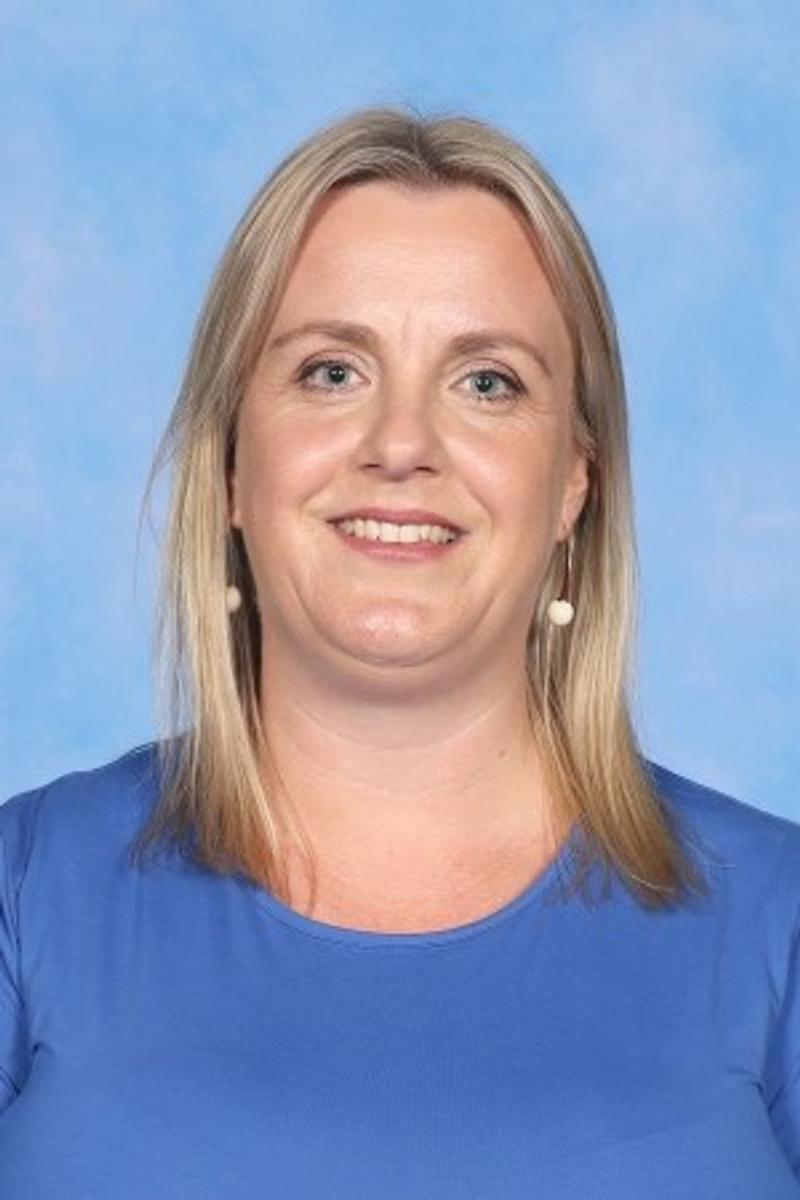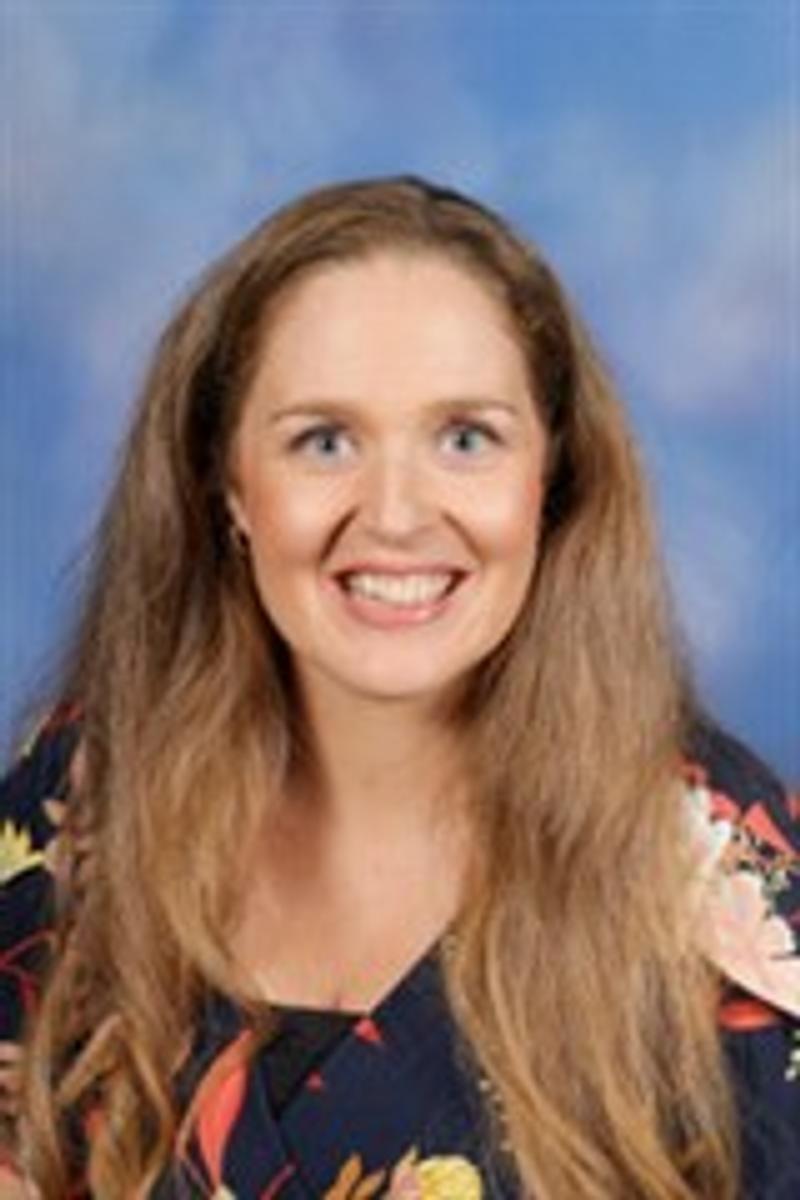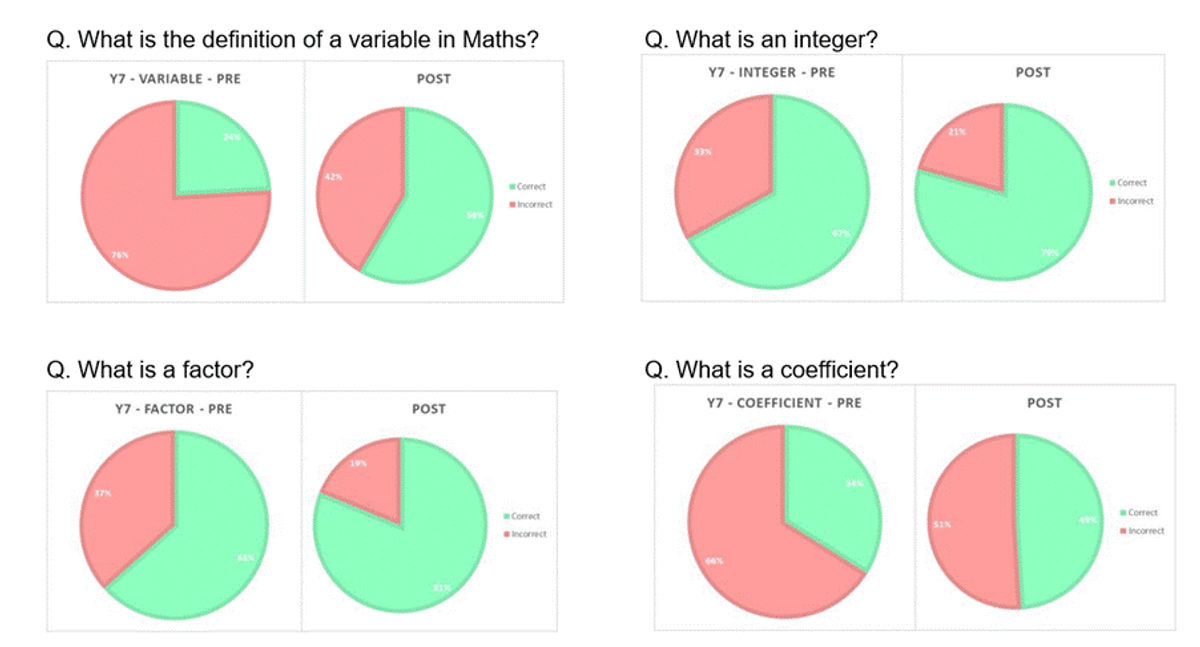Science of Learning Update

Assistant Principal Update
Assistant Principal: Donna Geritz
Learning Specialist Science of Learning: Vanessa Dennis
SOLAR Newsletter Article
2024 saw a fantastic shift in reading data from our Year 7 cohort, that we are continuing to build on throughout 2025. This shift occurred as a result of professional learning and targeted, evidence-based pedagogy shifts throughout the college.
The evidence-based pedagogy shifts mentioned above that we have successfully implemented as tier one approaches in all Year 7 and 8 English classes and in our tier two LEAP classes include:
Daily reviews: informed by Rosenshine’s Principles of Instruction and based in cognitive load theory, daily reviews are time our teachers take in our starter period (the first 5-8 minutes of our Western Port Instructional Model) to revise and review previous learnings.
Checking For Understanding questions (CFUs): through coaching with Julie Scali, our team devised common CFU questions to be used as formative assessment to determine how well a student has comprehended what has been read. By using a set group of common CFUs, it also helped build automaticity with the students, another key component of cognitive load theory to support students.
Choral Reading: this is an evidence-based practice whereby a group of students read text aloud in unison, led by an educator, who provides feedback, and checks for understanding before continuing. This practice is specifically designed to improve students reading confidence and fluency.
2025 SOLAR Numeracy Improvements
Can our Science of Learning and Reading approaches demonstrate student growth in other areas besides reading? Similar to the reading improvement outcomes evident in the ORF data shared above, the SOLAR team have also shown massive growth using SOLAR practices in a 5-week ‘Numeracy Boot Camp’ across Year 7 and 8 which ended March 7th.
Donna Geritz and Vanessa Dennis diverted tutor resources into Indonesian, LEAP and Year 7 and 8 Maths classes for 5 weeks, designing each of these classes as numeracy gap-filling (and extension where needed). The focus was in two specific numeracy areas:
Mathematical Vocabulary
Number Knowledge (times tables, negative numbers, fractions, and decimals)
The SOLAR practices of explicit direct instruction in small groups with models, daily reviews, checking for understanding and even choral reading were used in these classes. Pre and post student testing in Mathematical Vocabulary demonstrated the following improvements, (with the number knowledge component of Boot Camp yet to be assessed):
Sample of cohort wide responses from pre and post tests (Year 7)
As stated, there is still data to collect on the number component of our Numeracy Boot Camp, but for now, we can clearly see marked improvement in student understanding of mathematical vocabulary.
This was achieved with tutor support in classrooms to enable small group work, and teacher led explicit instruction, using SOLAR strategies. We look forward to seeing the same kind of improvement results in our reading focus across the remainder of 2025.


